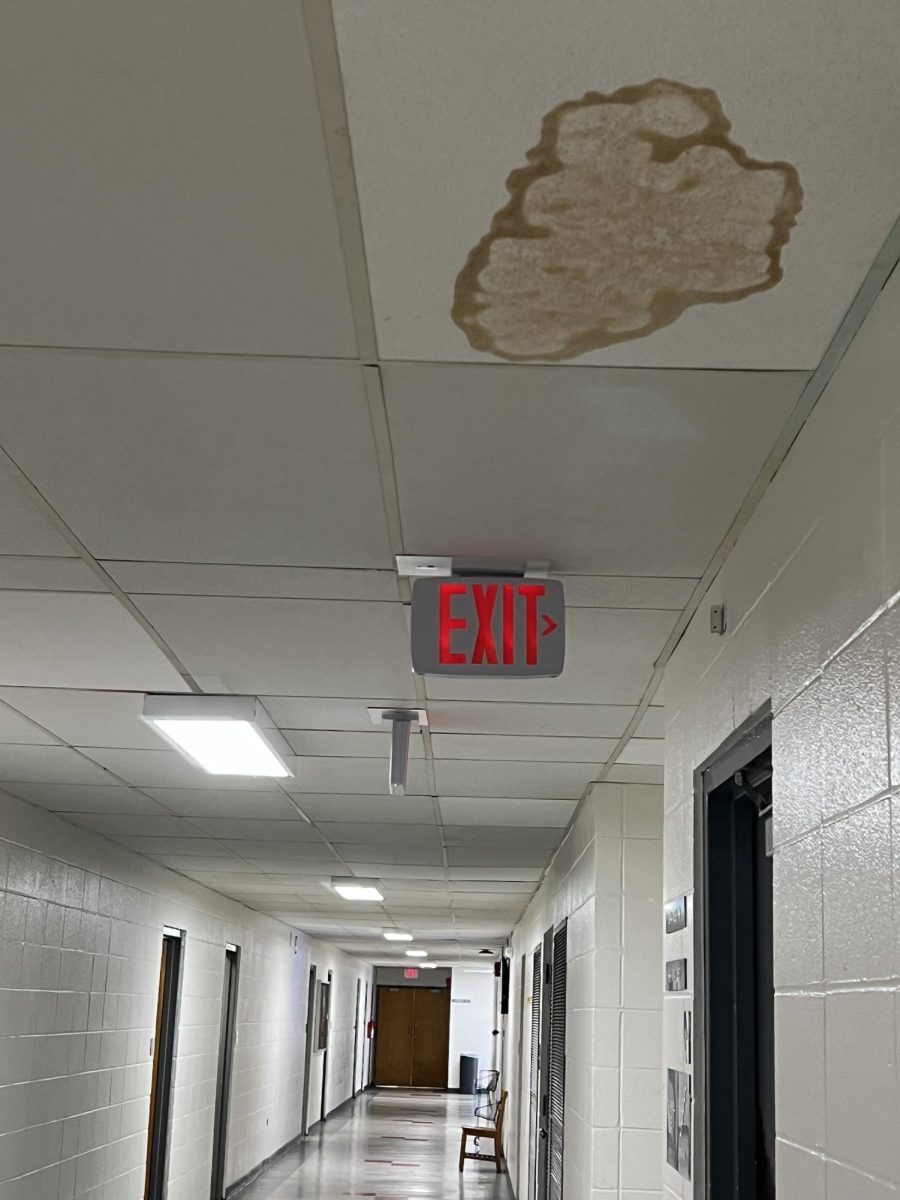After years of deliberation and planning, Nicholls State University began building the John Folse Culinary Institute in Sept. to accommodate a growing enrollment of students.
Currently, the culinary program shares Gouaux Hall with several other departments, and this transition will uproot the institute and replant it along Bowie Road, the site of the new building that is 36,517 square feet in size. Nicholls is home to the only four-year culinary arts degree in the state and is one of the very few in the nation.
Since Nicholls is a state-funded school, the cost for aspiring chefs to attend school here is significantly lower compared to private schools. With such a rare program, Nicholls has consistently seen an increase in enrollment. According to the Dean of University College Albert Davis, the program’s namesake has an impact on its popularity, causing it to be one of the fastest growing programs at Nicholls.
“When culinary was its own college, I led the interviews to select a new dean,” Davis said. “During the selection process, a French applicant from Canada said, ‘You people just do not understand what you have. First, by being so close to New Orleans, and second, by having John Folse’s name on your institution.’ Davis continued, saying, “You know the old saying, ‘teaching without enthusiasm is a crime?’ Well John Folse defines what enthusiasm is. Our entire faculty shows students with work ethic and enthusiasm for what they do.”
The bulk of the money used to pay for the building was state funded. However, it has become an agreement that Nicholls will help raise the amount that is left. “When you see a door open, you need to walk through it,” Davis said. “It is a $12 million project. They gave us $8 million, and then they said, ‘You have to raise the rest.’ So we had to raise money through private donations. We had to send the state $2.3 million. Next, we need to supply the $2.2 million worth of equipment.”
Originally, the institute’s proposal was more expensive. After a redesigning of the building, the cost dropped from $20 million to $12 million. The ground-breaking ceremony was held in Sept., and resulting from a 365-day contract, the building should be completed by September of next year.
Chef Randy Cheramie, the executive director and instructor of the institute, believes that the new building will be a great resource for the program. With this expansive space, the institute created some revenue-generating options that will further their capabilities. At the site, Cheramie said there will be a culinary retail store that will sell kitchen items and gadgets, a banquet room that can host bus tours seeking cooking demonstrations and additional rooms where summer classes for the community can be taught.
Hillary Scott, culinary arts junior from Allen, Texas, is very excited for this new building. “It is going to be very nice to be able to go in there and have our own space rather than having to walk around smelling formaldehyde,” Scott said. “It is really awkward to say, ‘hey, come eat some delicious food, but first you will have to pass through a cat dissection.'”
In addition, the program’s very own student-run restaurant, LeBistro, will no longer be held at the Carmel Inn once the new building is complete. LeBistro teaches students every facet of the restaurant industry: book-keeping, customer service, fine-dining and several other lessons. Cheramie is thankful for the Carmel Inn, but believes this change will have a positive impact.
“It will move from the Carmel Inn because we all need to be under one roof,” Cheramie said. “The Bistro will now have an opportunity to make some more money. But thank God for the Carmel Inn. It was a true blessing.” The student-run restaurant is only available to those who make reservations. The bigger space at the institute will allow more customers, thus generating more profit.
Culinary arts has developed concentrations within the curriculum, which is very progressive in the eyes of Davis. “During the second two-year period, we have concentrations that you will not find anywhere else,” Davis said. Because some other schools offer an associate’s degree in culinary, Nicholls must be able to provide a greater service to entice students to spend four years to earn a bachelor’s degree. These concentrations are in place to further the students’ education in a way that sets them apart from the competition.
“At the end of two years in culinary arts, you can get a job because all of these schools throughout the U.S. are all two-year degree,” Davis said. “So the second two years better give students more experience than chopping onions. Here at Nicholls, we prepare them to leave the backline when the time is right to be called up because running a restaurant is a business. All of our students are going to start off sweating on the backline, and when the opportunity presents itself, all things being equal, that extra training, communication and business experience come into play.”
Cheramie believes that this building is a big accomplishment for both the culinary program as well as the University. “In that building, we will become the epicenter of culinary education for the central-south region,” Cheramie said. “I think it will not only be a big feather in our cap, but also in Nicholls’ cap. Since everyone is focused on fine-dining, we have become this sexy little college because we get a lot of publicity in the community, press and on television.”
This transition can possibly lead to the enrollment doubling now that there will be the space to accommodate more students. “As of now, we have 9,000 square feet,” Cheramie said. “What you have to understand is that we have done very minimal efforts of recruiting. The only thing we have done consistently is advertise in Louisiana Next magazine that goes out to high school seniors. It could bring us to double our enrollment.”
Students like Scott often choose to enroll at Nicholls because of the institute’s faculty and prestige. She originally planned to attend Louisiana State University but because of their lack of a food and nutrition sciences degree, she sought after a school that offered a comparable education. Eventually, she caught word of Nicholls and returned home to ask her high school culinary teacher about the school.
“Nicholls is the hidden jewel of culinary because everyone in the culinary industry knows them,” Scott’s teacher said. “He advised me to check it out, and when I did, I learned that it was the only school that offers a degree rather than just a certificate,” Scott said. “I loved how I could earn a degree with a business minor and have the full college experience.”
Culinary Institute finally breaks ground with new building
Stuart Percle
•
November 14, 2013
Leave a Comment
More to Discover












